AeroGenie — Your Intelligent Copilot.
Trending
Categories
Airbus and Boeing Have No Immediate Plans for New Commercial Aircraft
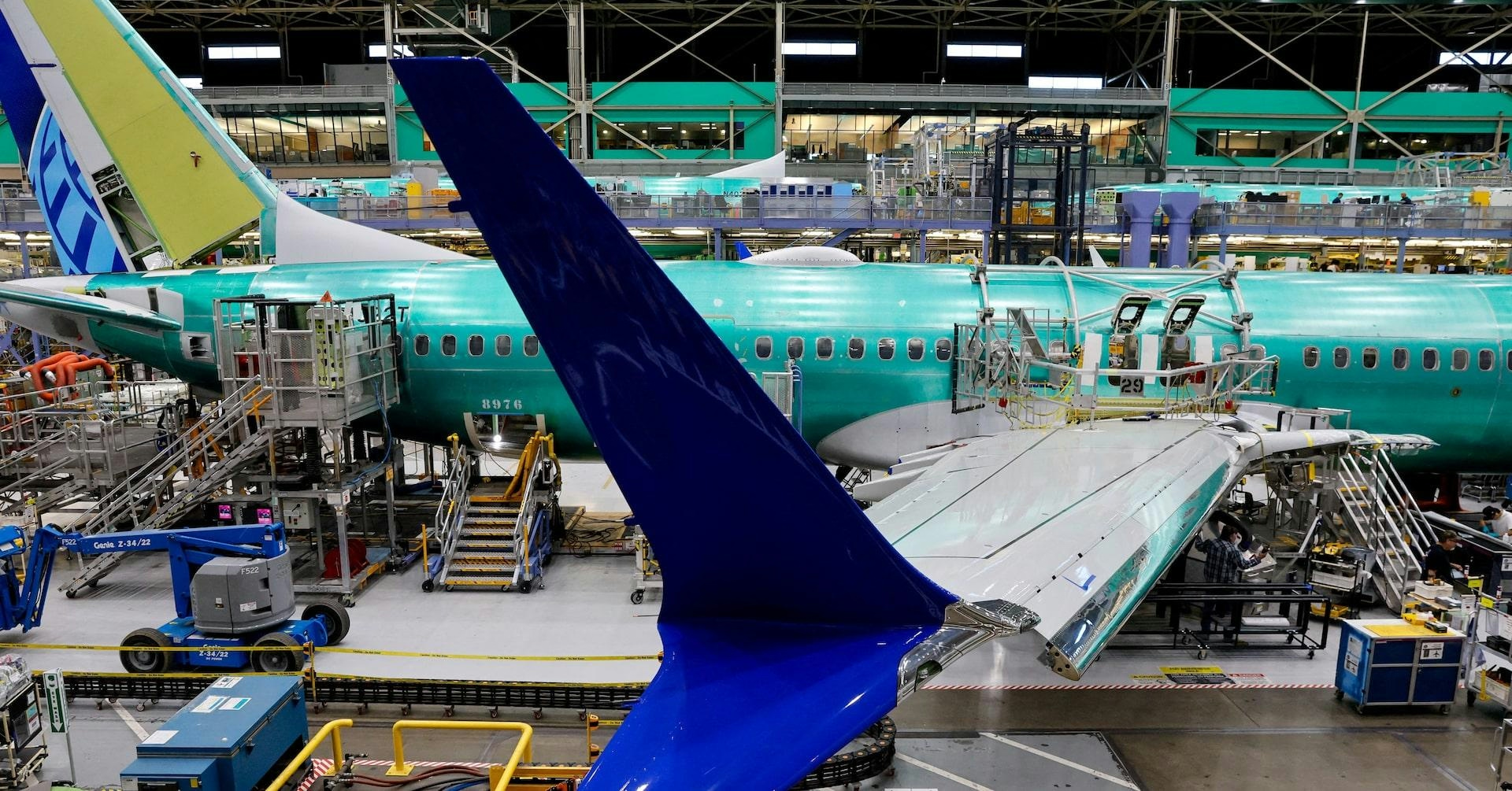
Airbus and Boeing Confirm No Immediate Plans for New Commercial Aircraft
At the recent ISTAT conference in Prague, Airbus and Boeing executives jointly affirmed that neither company intends to launch new next-generation commercial aircraft in the near term. Instead, both manufacturers will continue to rely on their existing single-aisle models—the Boeing 737 MAX and Airbus A320neo families—as the cornerstone of their product offerings for the foreseeable future. This decision reflects a strategic focus on certifying current aircraft variants and stabilizing production amid ongoing financial pressures, supply chain constraints, and the current limitations of propulsion technology.
Strategic Priorities and Market Realities
Boeing’s marketing chief, Darren Hulst, emphasized that a successor to the 737 remains “many years away.” The company’s immediate priorities include completing certification for the remaining 737 MAX variants, as well as advancing the 777X passenger jet and the 777XF freighter programs. These efforts are critical to Boeing’s broader objective of restoring financial stability while managing a debt load approaching $50 billion. In response to recent speculation, Boeing clarified that any new narrowbody program will only proceed when market demand, technological readiness, and internal capabilities are fully aligned.
Airbus has adopted a similarly cautious approach. François Collet, Airbus’s Asset Management Director, highlighted that any new aircraft would need to achieve at least a 25% improvement in fuel efficiency to justify the substantial investment required for development. Given current engine technology, this target remains elusive. Meanwhile, Airbus celebrated a significant milestone as its A320 family surpassed Boeing’s 737 to become the most-delivered aircraft in history, reinforcing its dominant position in the single-aisle market.
Incremental Improvements and Industry Implications
Both manufacturers are concentrating on incremental enhancements to their existing fleets rather than pursuing clean-sheet designs. Airbus is focused on extending the competitiveness of the A320neo family, particularly through the long-range A321XLR variant. Boeing is prioritizing improvements in the reliability and production stability of the 737 MAX family alongside progress on the 777X program. This mutual decision effectively freezes direct competition in the narrowbody segment, with airlines and lessors expected to depend on these established models well into the 2030s.
This conservative strategy contributes to stability within the aviation industry. Aircraft values are likely to remain robust as production capacity remains constrained, benefiting lessors through strong residual values and sustained demand. Engine manufacturers are similarly prioritizing reliability and maintenance efficiency over the introduction of unproven technologies.
Challenges for Decarbonization and Future Outlook
However, the absence of new aircraft programs presents challenges for the industry’s decarbonization goals. Without clean-sheet designs, airlines must rely on incremental fuel-burn improvements rather than achieving significant emissions reductions. Consequently, the transition toward more sustainable propulsion systems and substantial efficiency gains is expected to proceed gradually.
Looking ahead, both Airbus and Boeing are awaiting breakthroughs in efficiency and sustainable technology before committing to next-generation narrowbody programs. For now, the commercial aviation sector should anticipate evolutionary rather than revolutionary changes in aircraft design over the coming decade.

Aviation Design Software Market Projected to Reach $2.8 Billion
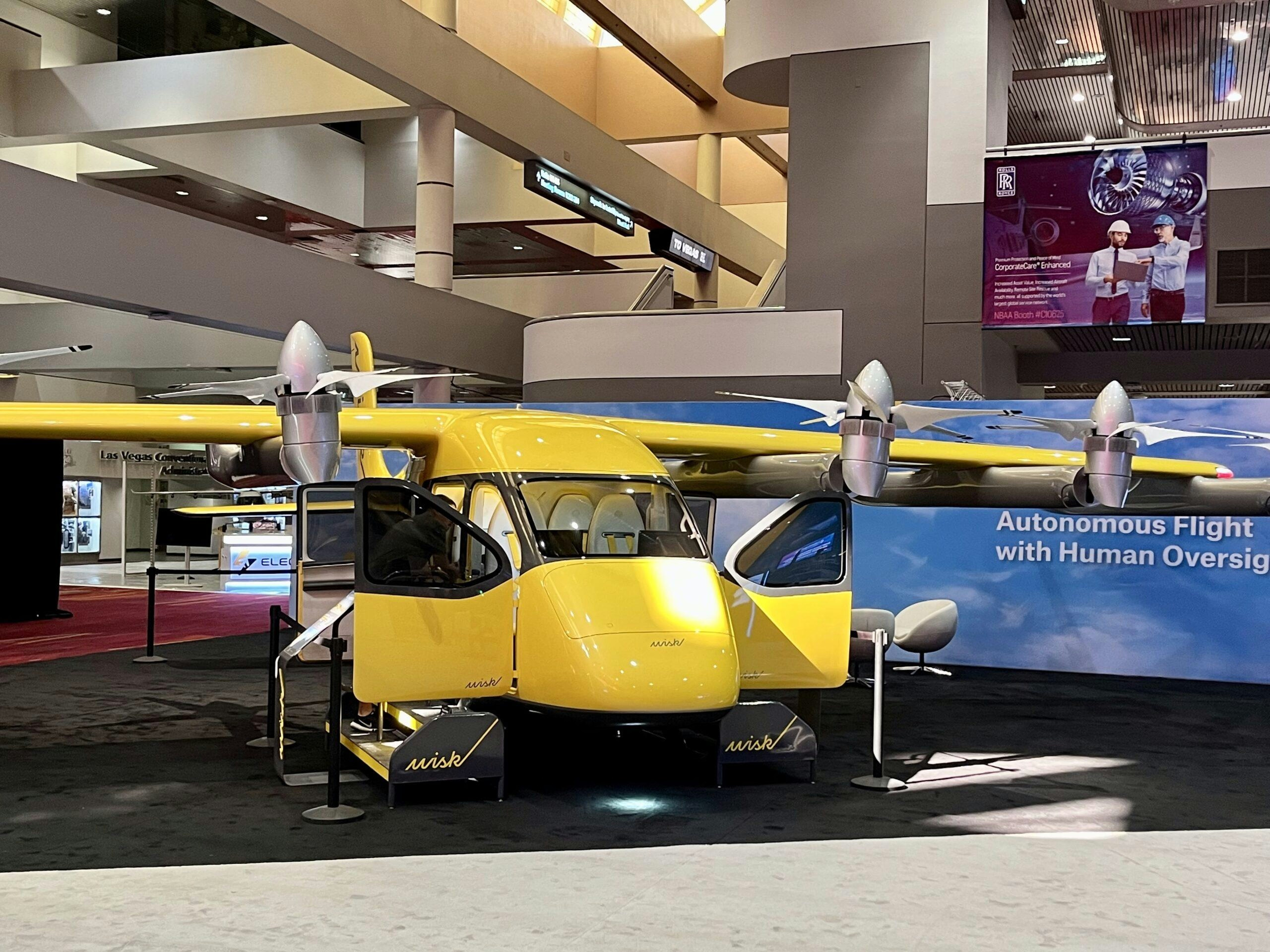
The Future of Aviation in Africa Amid Digital Transformation
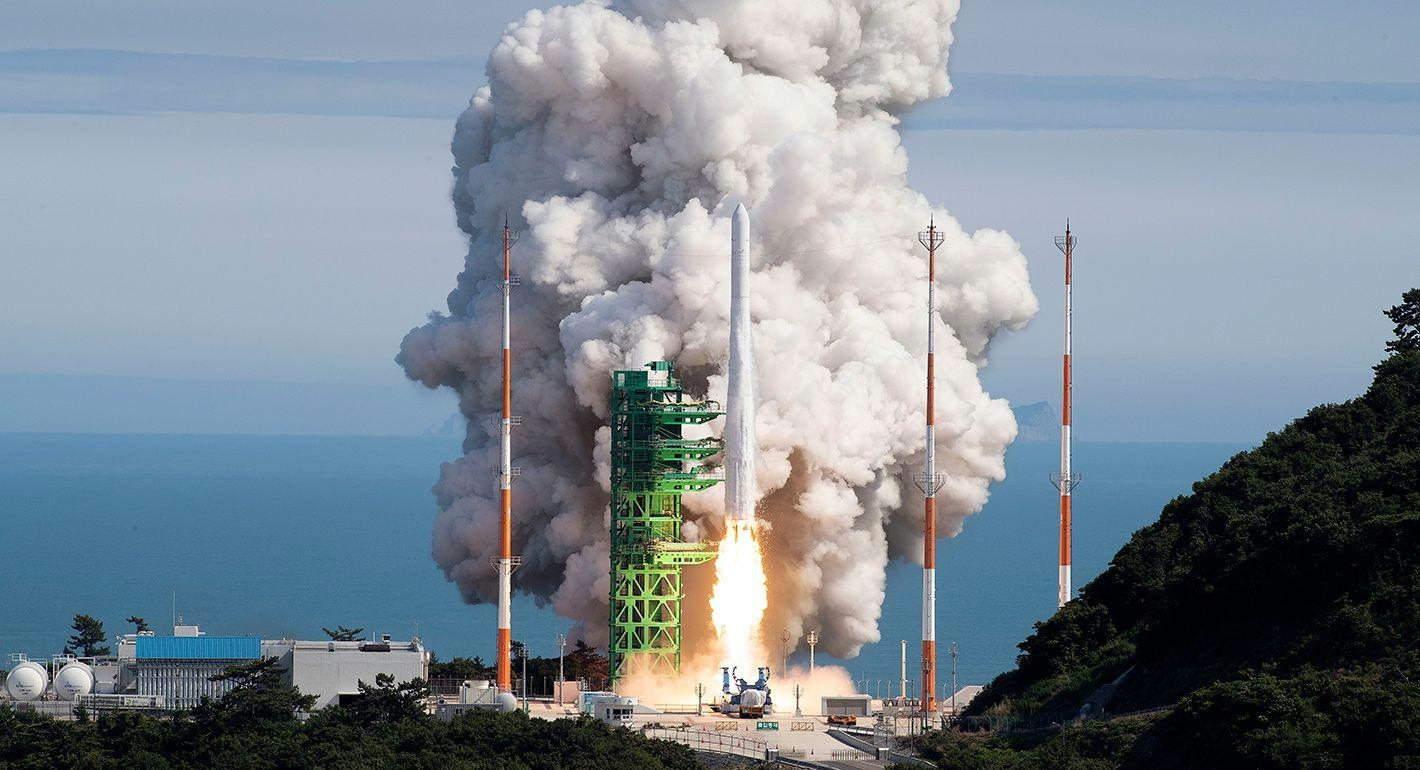
Gyeongnam Province Unveils Mid- to Long-Term Aerospace Industry Roadmap
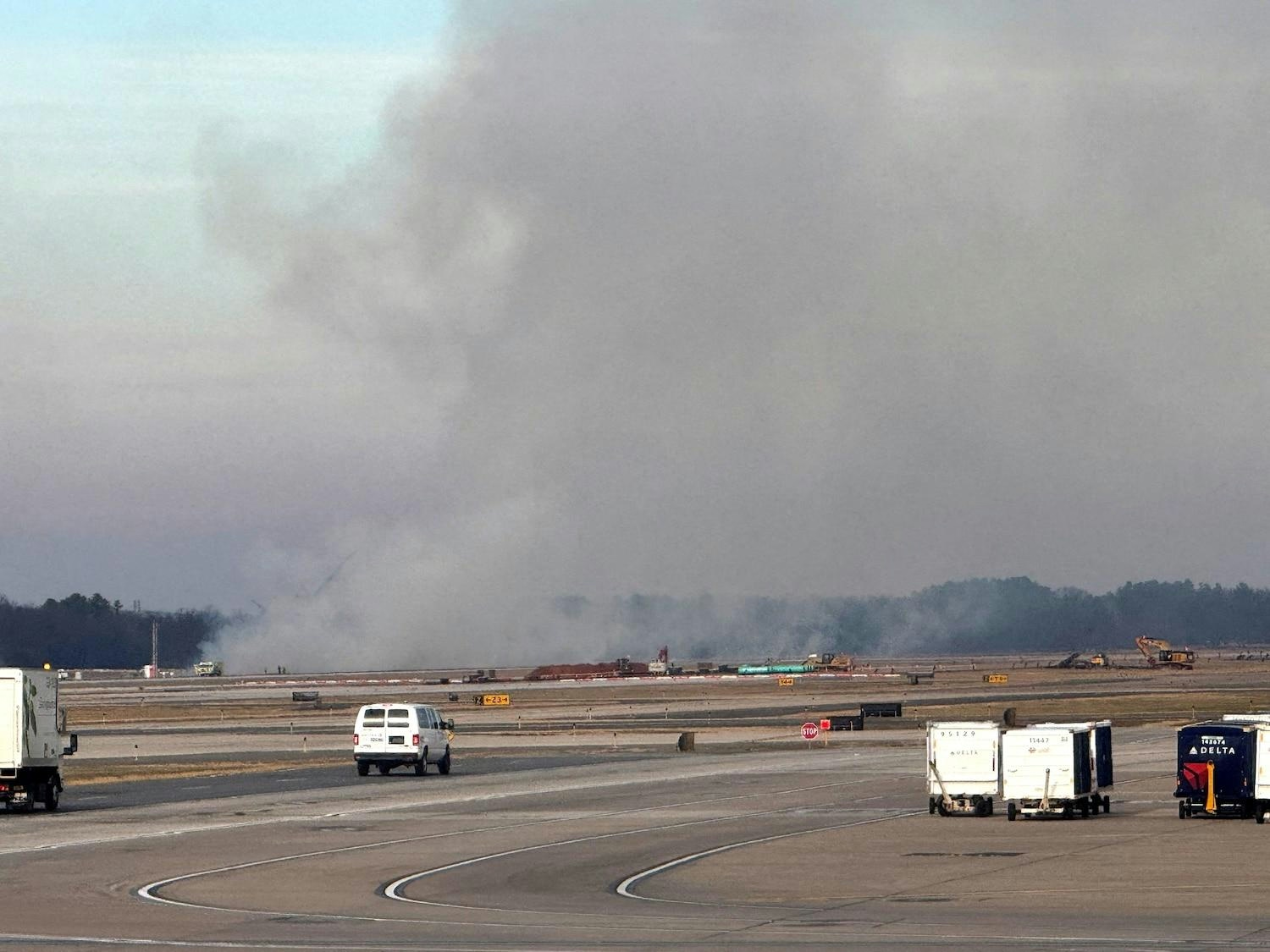
Delta Flight to Atlanta Suffers Engine Trouble, Sparks Grass Fire at Airport
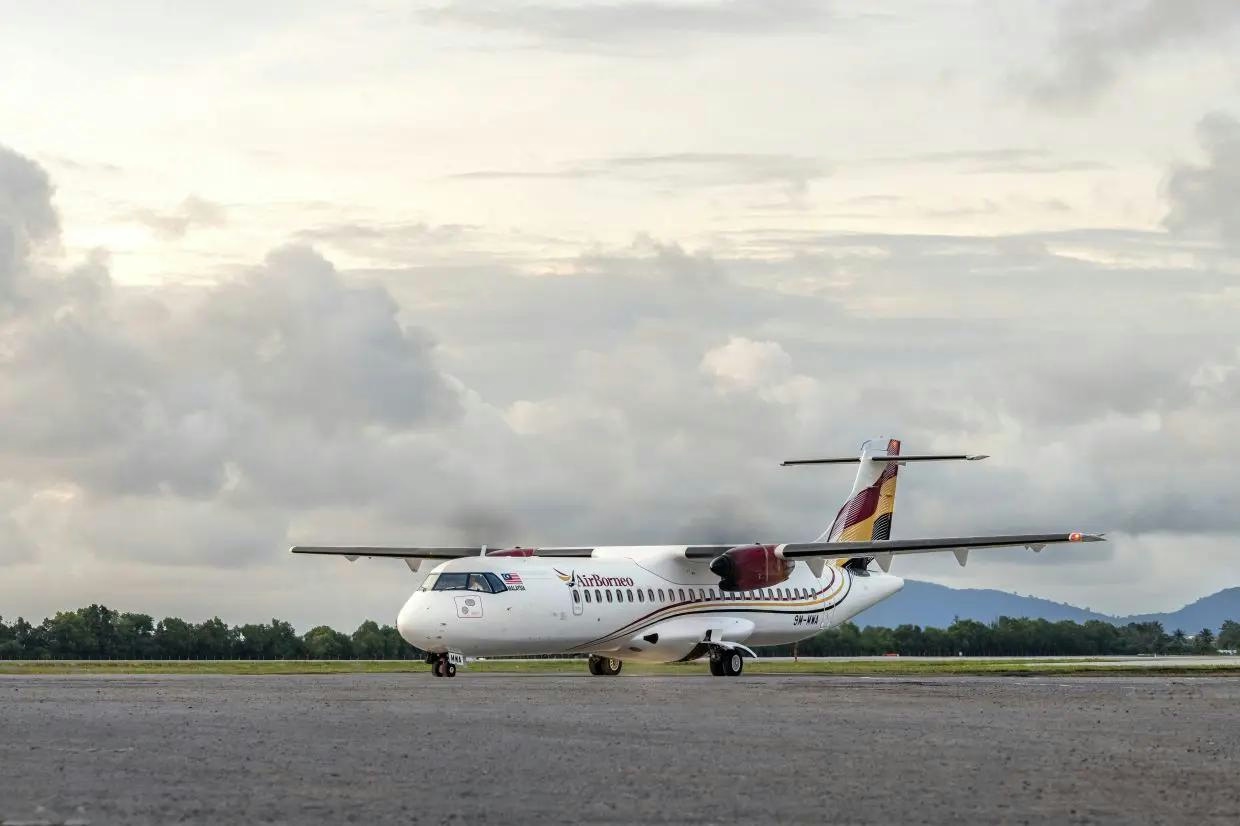
Sarawak's AirBorneo partners with IBM for AI-powered operations

PH Aerospace and MRO Exports Reach $603 Million, Says DTI
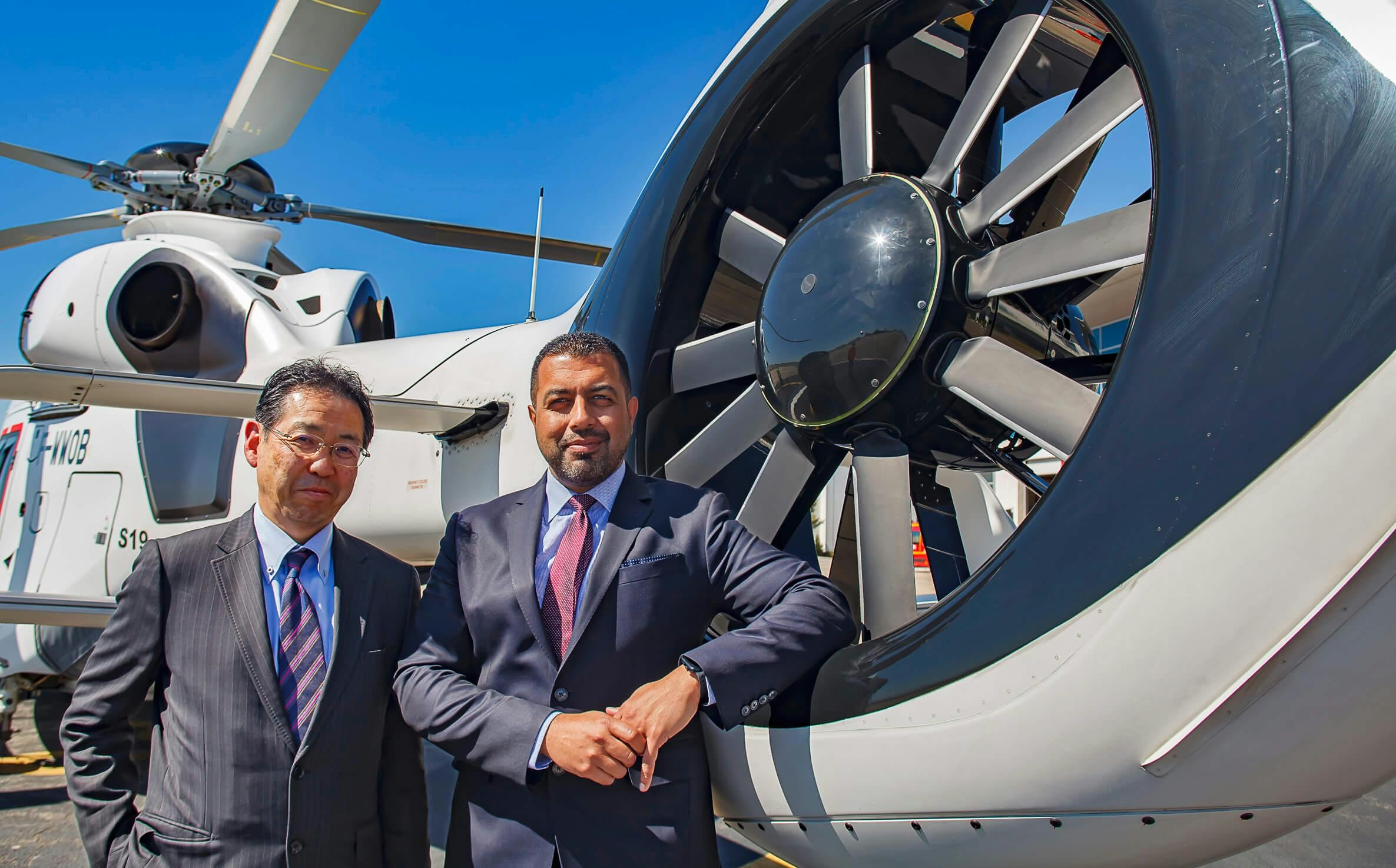
Dubai Aviation Nears Acquisition of Macquarie Aircraft Leasing Unit
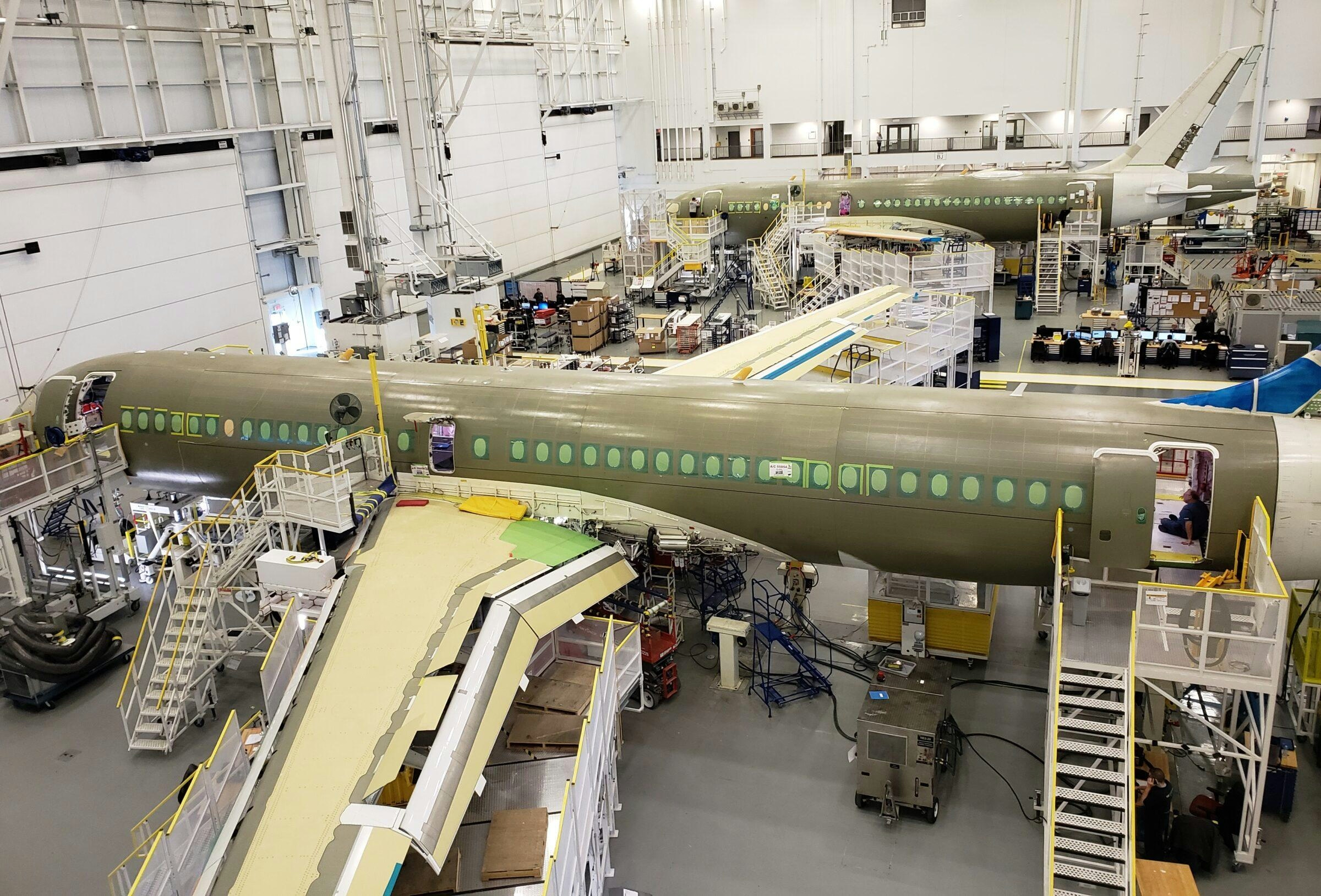
Airbus: Latest Developments and the Future of Aviation
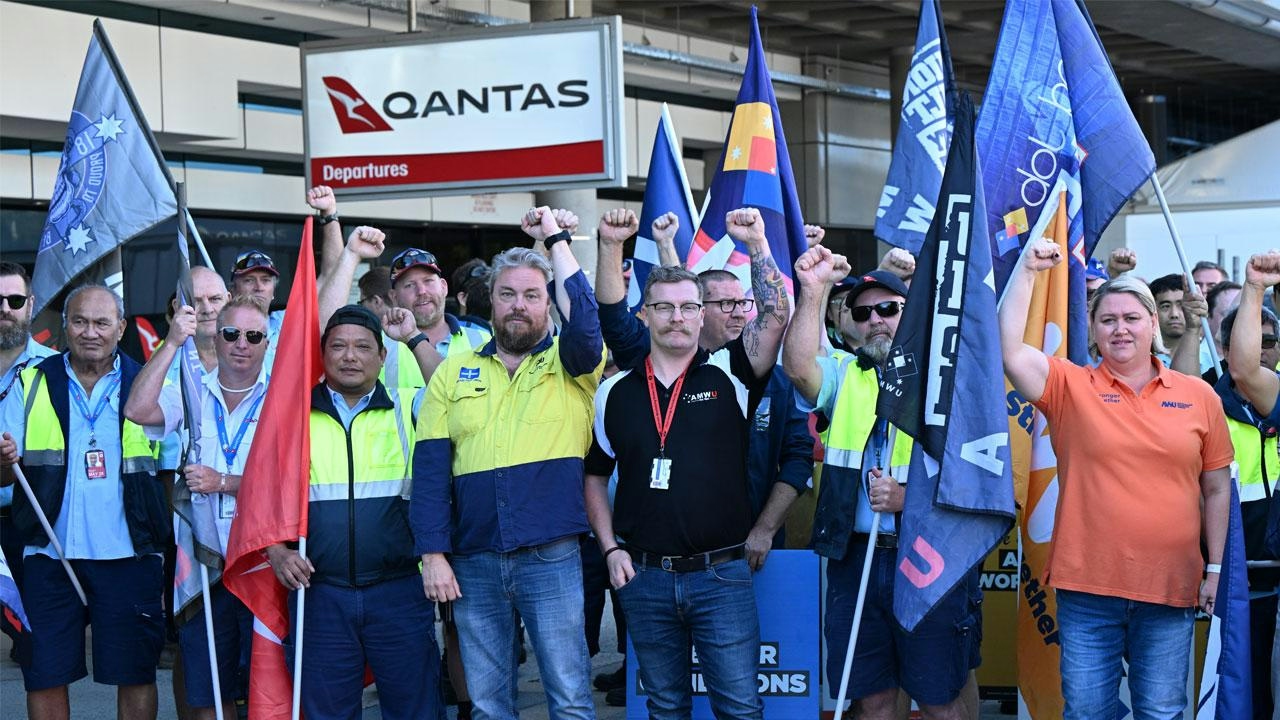
Qantas and Union Clash Over Job Security Amid AI Advances
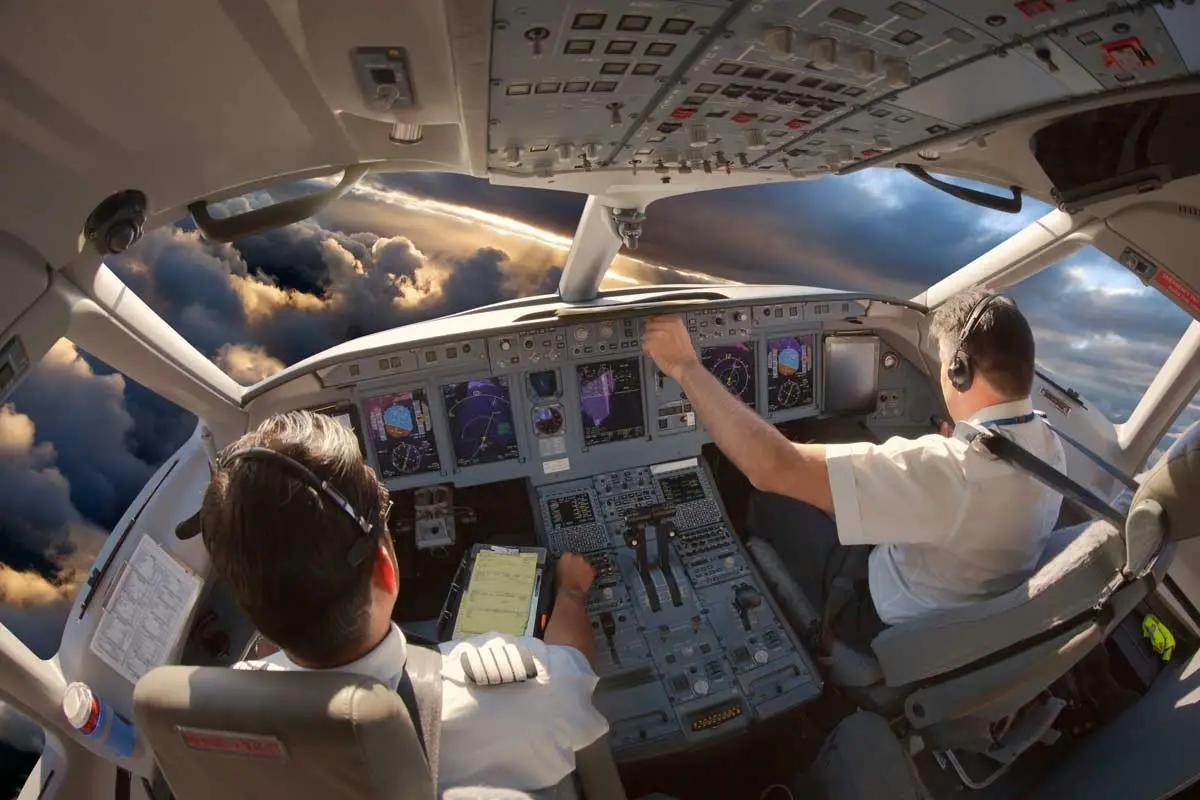
What Is the Salary of Widebody Pilots?
